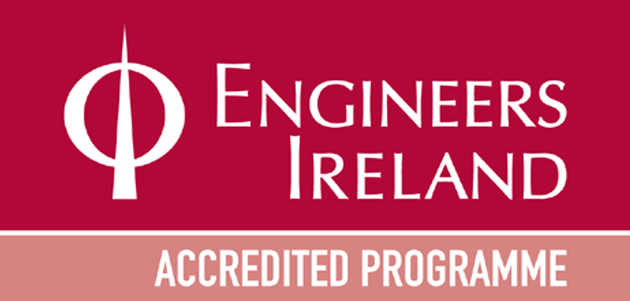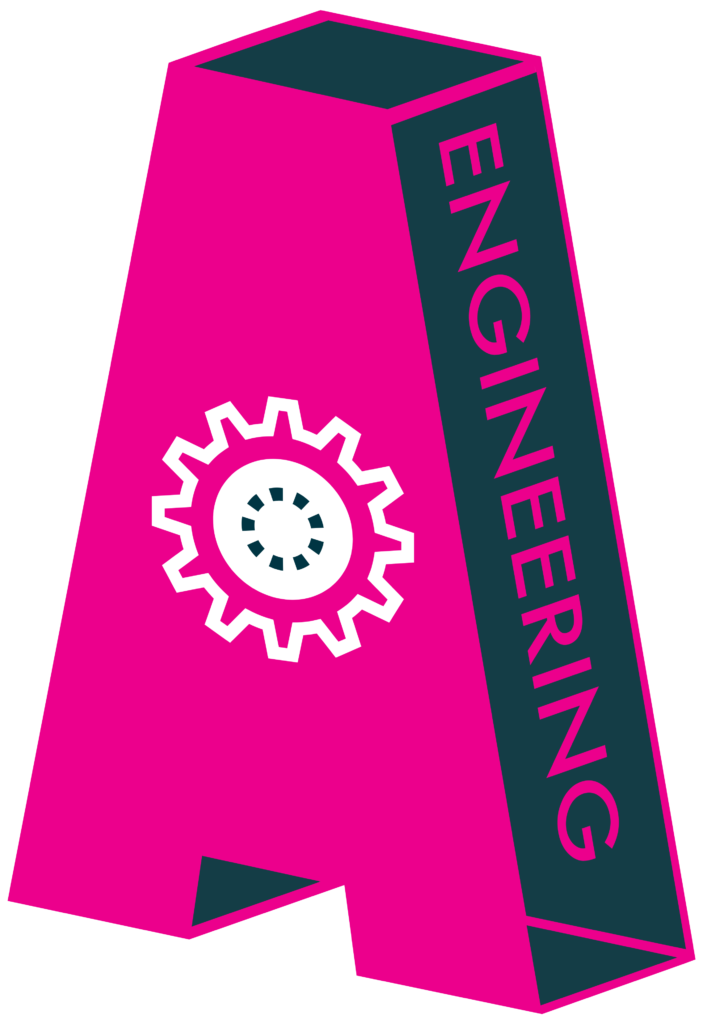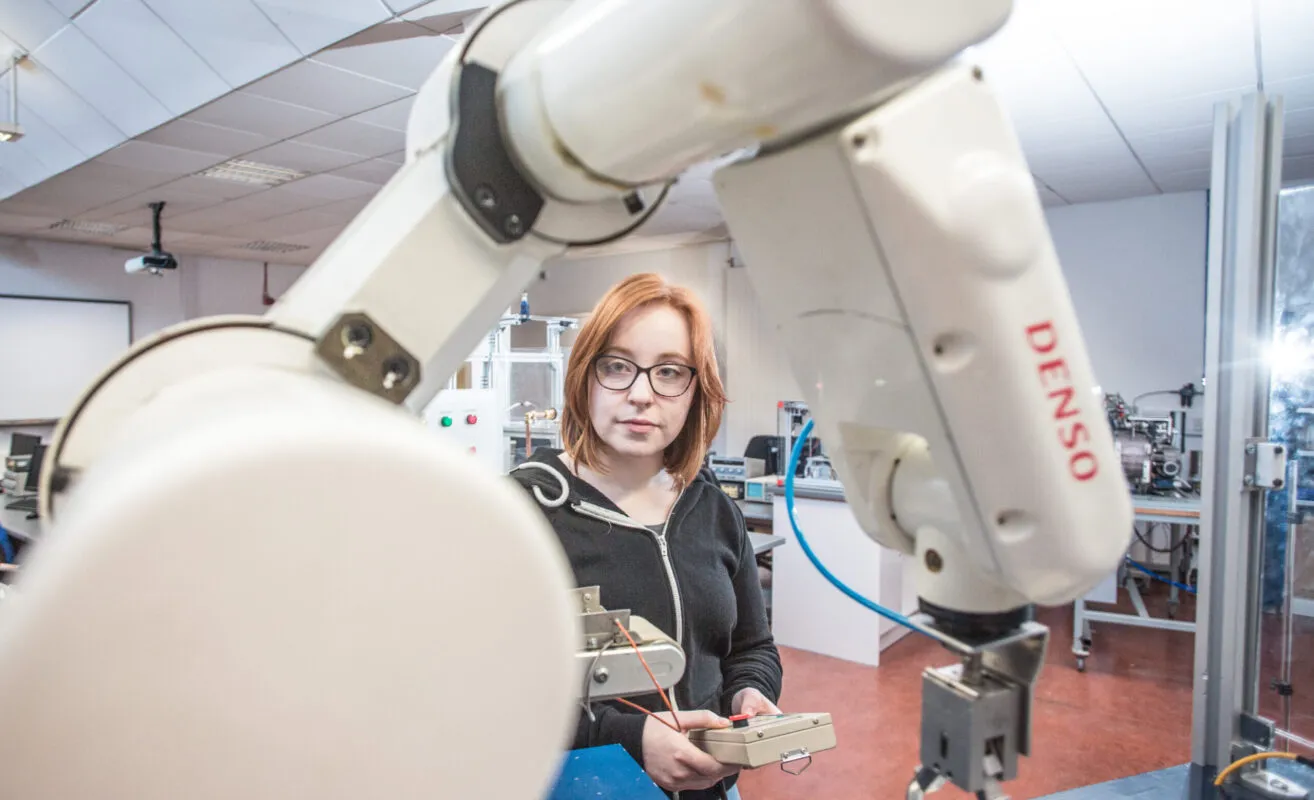


Course Search
Courses
Admissions & Support
Course Search
Our Services
Our Community
Course Search
Governance
Professional Services
Location: Moylish, Limerick City / Coonagh, Limerick City
years: 3

The Manufacturing Engineering Apprenticeship (Level 7) is a Consortia-led, three-year ‘earn and learn’ Apprenticeship developed by the IBEC Irish Medtech Association and third level education partners to meet the growing demand for skilled manufacturing engineers in sectors such as MedTech, biopharma, polymer technology, engineering, and food production.
Apprentices spend approximately 70% of their time in paid, on-the-job training with an approved employer, and 30% in academic study at a university, third-level education institution, or training Centre.
The Apprenticeship leads to a Bachelor of Engineering in Manufacturing Engineering (Level 7) on the National Framework of Qualifications. Apprentices gain advanced practical skills and academic knowledge in areas such as manufacturing automation, lean manufacturing, robotics, quality systems, operations management, polymer processing, and project management.
Graduates may progress to further study at Level 8.



IBEC Manufacturing Engineering Apprenticeships
Email: info@manufacturingapprenticeships.ie
Telephone: 016051677
TUS Manufacturing Engineering Apprenticeship Office
Applicants for the programme must be employed on an Apprenticeship contract of employment.
Applications to register an apprentice can only be submitted by a Registered Employer.
Applicants must meet the entry requirements as follow:
Note: Depending on demand, the Year 3 academic block may be delivered at a university, third-level education institution, or training Centre outside the apprentice’s home region.
An apprenticeship is a programme of structured education and training which formally combines and alternates learning in the workplace with learning in a university, third-level education institution, or training Centre. It is a dual system, blending on-the-job, employer-based learning with off-the-job academic study. Apprentices are paid employees for the duration of the programme and gain nationally recognised qualifications.
The Manufacturing Engineer facilitates efficient operations within the production area, optimises existing processes, implements new processes, and ensures that production goals are met. Graduates can work in diverse manufacturing sectors such as MedTech, biopharma, polymer technology, and engineering, with roles including manufacturing engineer, process engineer, quality engineer, and operations manager.
This is a three-year apprenticeship.
Academic block release: 15 weeks per year at a university, third-level institution, or training centre.
Summer intake: Apprenticeship contracts start in July for September academic block.
Autumn intake: Apprenticeship contracts start in November for January academic block.
Applicants for the programme must be employed on an Apprenticeship contract of employment.
Applications to register an apprentice can only be submitted by a Registered Employer.
Details of current apprenticeship opportunities are advertised locally and nationally by many employers, and are often listed on the national apprenticeship jobs portal at: https://apprenticeship.ie/career-seekers/jobs
Your local Education and Training Board may hold details of employers seeking to employ an apprentice, visit: https://apprenticeship.ie/more/your-local-provider
IBEC Manufacturing Engineering Apprenticeship Ireland website
An apprenticeship is a dual-system education model combining work-based learning with academic study, enabling participants to gain practical industry experience while earning a nationally recognised qualification.
This programme is primarily designed for:
As part of the national apprenticeship system, there are formal requirements for approval of an employer’s suitability to train apprentices and for registration of apprentices. SOLAS is responsible for delivering on these requirements.
Following submission of an Expression of Interest, a SOLAS Authorised Officer from the relevant Education and Training Board (ETB) will conduct a suitability assessment. This process is straightforward, typically involves a site visit, and is normally completed within 1–2 weeks.
To advertise apprenticeship vacancies for free, please visit: https://apprenticeship.ie/employers/current-employers
For the Level 7 Manufacturing Technician Apprenticeship, mentors must hold a Level 7 qualification in a cognate discipline and have at least four years’ relevant industry experience.
Apprentices are supported by their Industry Mentor, Academic Supervisor, and the programme’s Apprenticeship Manager. They receive academic support during block release and ongoing guidance during industry placements.
For additional guidance and support, please click on the options below: